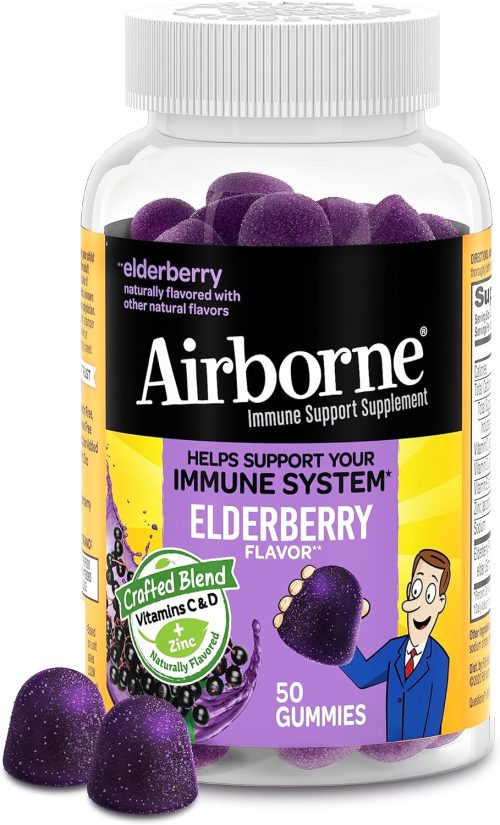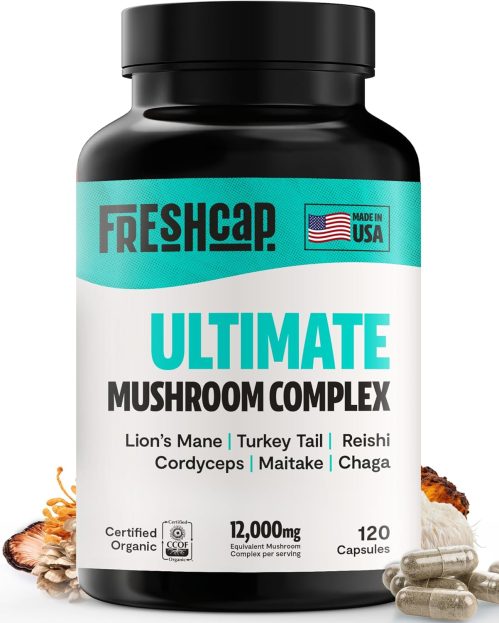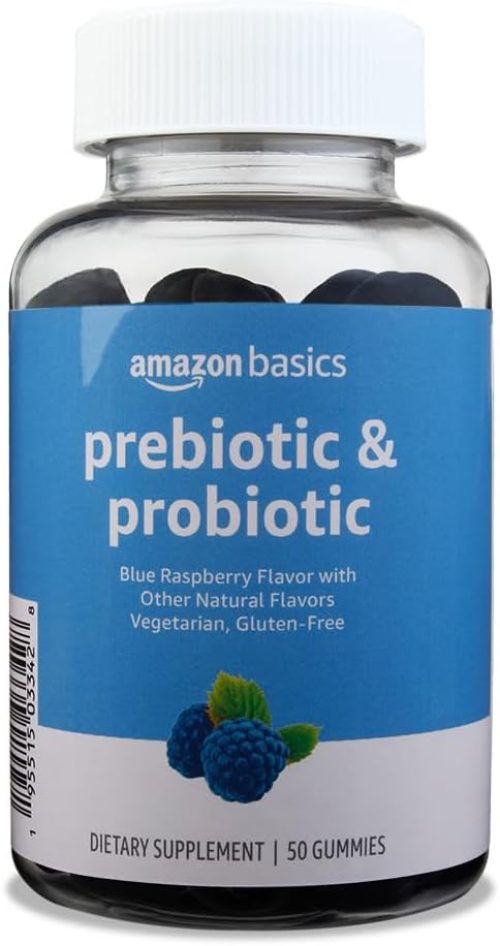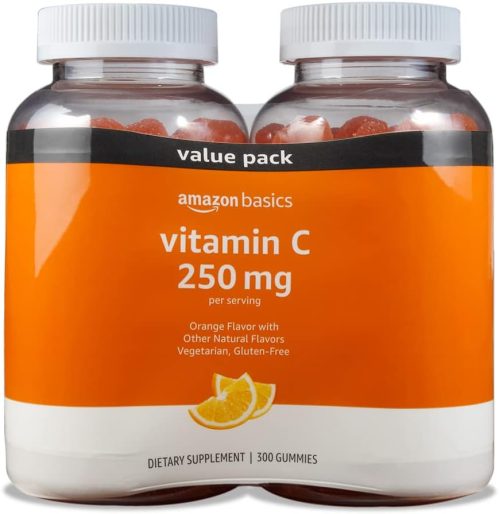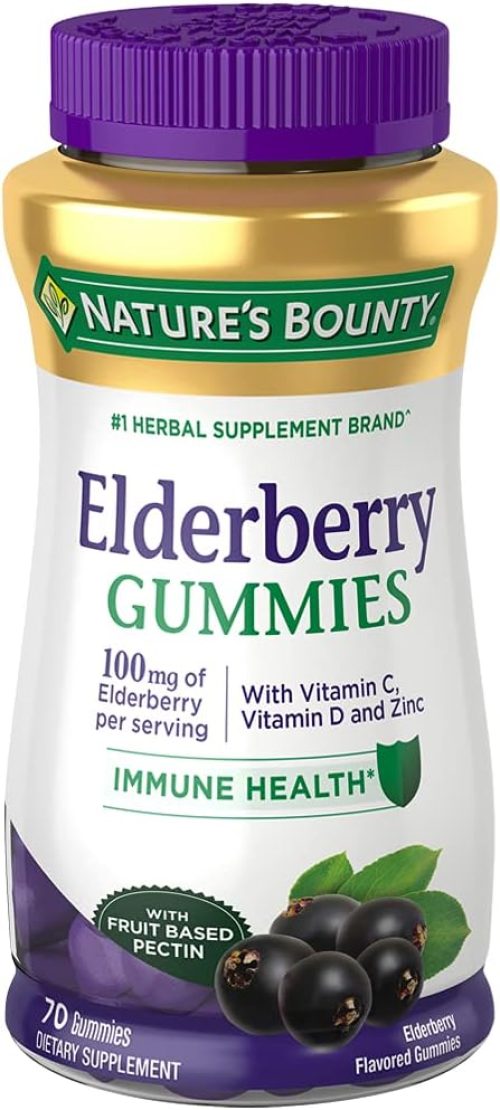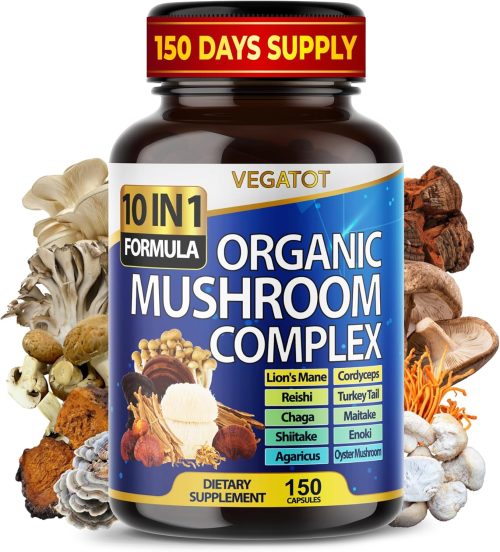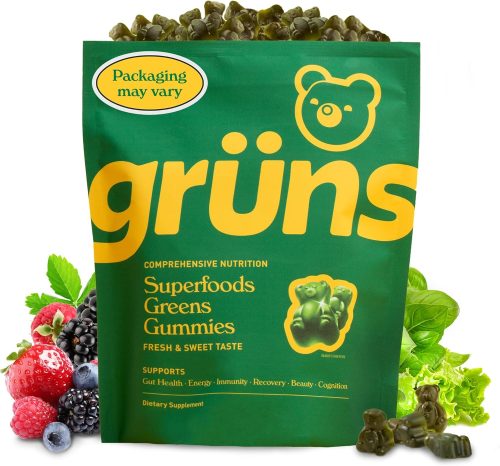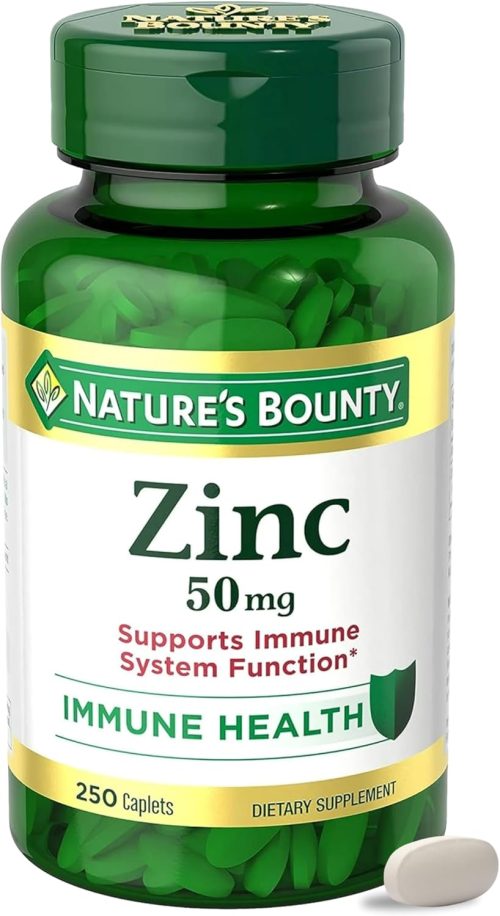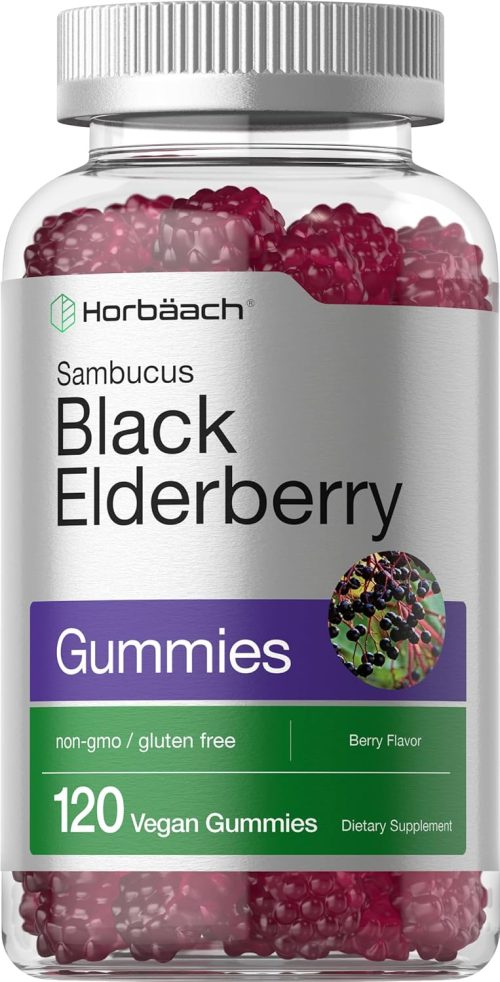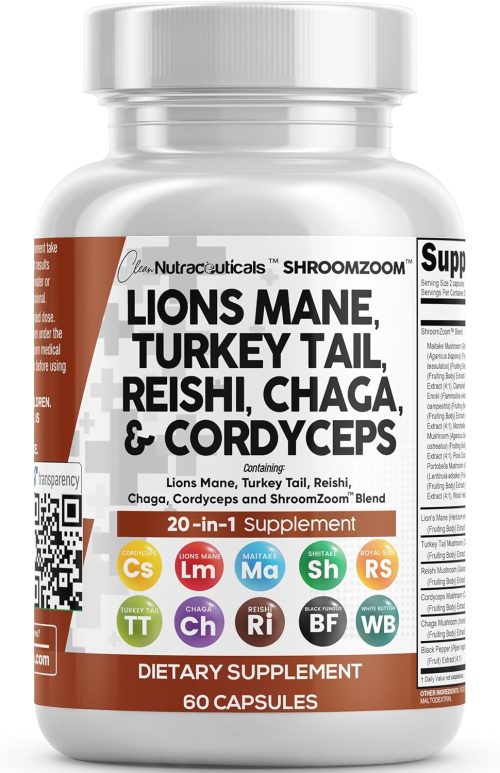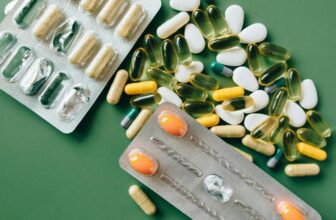
When it comes to maximizing muscle growth and enhancing recovery, understanding the science behind supplements is key. Dive into the intricate ways in which protein, amino acids, creatine, vitamins, and minerals interact with your body to support your fitness goals. Unravel the mysteries behind how these supplements work synergistically to help you achieve optimal results in your muscle-building journey.
Protein and Muscle Synthesis
To maximize muscle growth, consuming sufficient protein is essential. Protein is the building block of muscles, aiding in muscle repair and growth after intense workouts. When you work out, you create microscopic tears in your muscle fibers. Protein helps repair these tears, leading to muscle growth and strength gains. It’s recommended that you consume around 1.2 to 2.2 grams of protein per kilogram of body weight per day to support muscle synthesis effectively.
Different sources of protein offer varying benefits. Animal-based proteins like chicken, beef, fish, and dairy are rich in essential amino acids necessary for muscle repair. Plant-based proteins such as beans, lentils, quinoa, and tofu can also provide adequate protein but may require more careful planning to ensure you get all essential amino acids. Including a variety of protein sources in your diet can help you meet your protein needs and support optimal muscle growth.
Amino Acids for Recovery
For optimal muscle recovery after intense workouts, incorporating specific amino acids into your diet can significantly enhance your body’s repair process. Amino acids are the building blocks of protein, which is crucial for muscle repair and growth.
Among the essential amino acids, leucine plays a vital role in stimulating muscle protein synthesis. It activates the mTOR pathway, signaling your body to build new muscle tissue. Including foods rich in leucine, such as chicken, beef, fish, or dairy products, can support your recovery efforts.
Another important amino acid for muscle recovery is glutamine. During intense exercise, your body’s glutamine levels can drop, affecting your immune system and muscle recovery. Supplementing with glutamine can help replenish these levels, supporting a faster recovery post-workout.
Additionally, branched-chain amino acids (BCAAs) like valine, leucine, and isoleucine can aid in reducing muscle soreness and fatigue. These amino acids can be consumed through protein-rich foods or supplements to support your body’s recovery process.
Role of Creatine in Growth
Incorporating creatine into your supplementation regimen can play a significant role in enhancing muscle growth and performance. Creatine is a natural compound found in small amounts in animal products and can also be taken as a supplement to increase your body’s creatine stores.
When you consume creatine, it combines with phosphate in your body to form phosphocreatine, which is essential for producing adenosine triphosphate (ATP), the primary energy source for muscle contractions during high-intensity exercise.
By increasing the availability of ATP, creatine helps improve your muscles’ ability to perform explosive movements like weightlifting or sprinting. This enhanced energy production can lead to greater strength, power, and muscle gains over time. Additionally, creatine has been shown to draw more water into your muscle cells, which can contribute to cell volumization and further support muscle growth.
To maximize the benefits of creatine, it’s commonly recommended to go through a loading phase followed by a maintenance phase. During the loading phase, you typically take a higher dose of creatine for a week to saturate your muscles quickly, then reduce the dose for the maintenance phase to maintain elevated creatine levels.
Vitamins and Mineral Support
Boosting muscle growth and performance can be significantly supported by ensuring adequate vitamins and mineral intake. Vitamins and minerals play crucial roles in various physiological processes that are essential for muscle function and recovery. For instance, vitamin D has been linked to muscle strength and performance, while magnesium is involved in energy metabolism and muscle contractions.
Ensuring you consume enough vitamin D, either through sunlight exposure or supplements, can positively impact muscle growth and function. Similarly, maintaining adequate levels of magnesium through diet or supplementation can support energy production during intense workouts and aid in muscle relaxation post-exercise. Other key vitamins and minerals like vitamin C, B vitamins, zinc, and iron also play vital roles in muscle growth, repair, and overall performance.
Incorporating a balanced diet rich in fruits, vegetables, lean proteins, and whole grains can help you meet your vitamin and mineral needs for optimal muscle growth and recovery. However, in some cases, supplementation may be necessary to address specific deficiencies or enhance performance goals. Remember, consulting with a healthcare provider or nutritionist can help you determine the most suitable approach for your individual needs.
Trending Products

